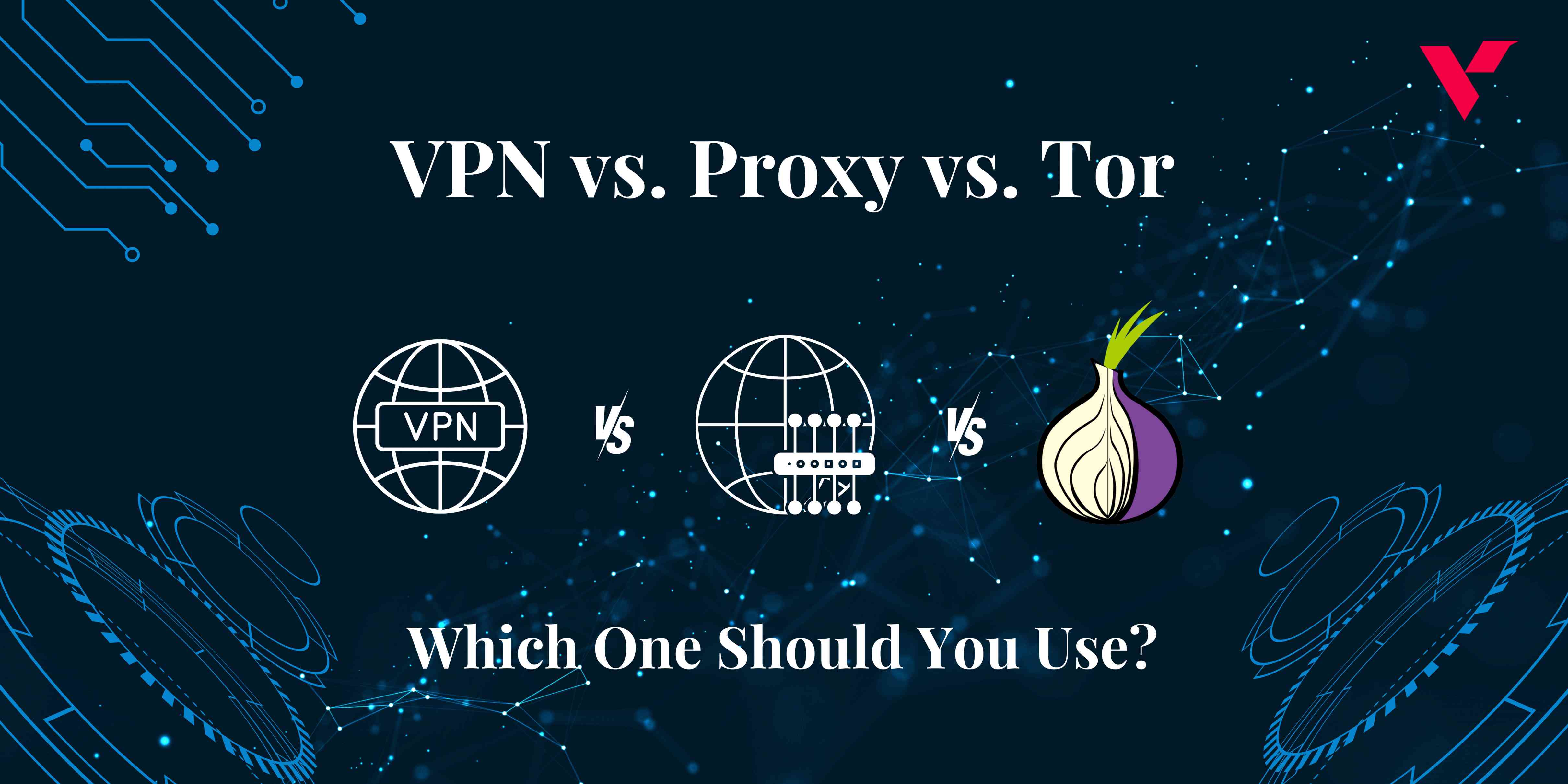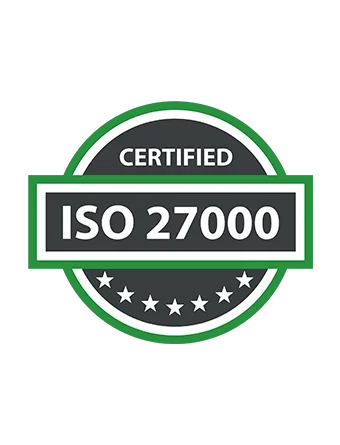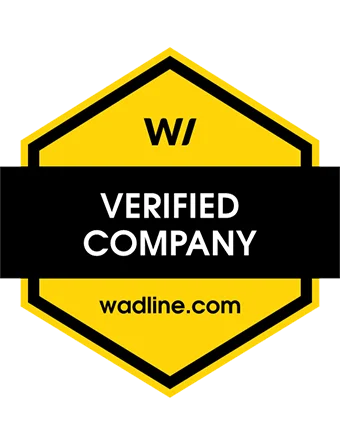Popular Tools by VOCSO
Launching and nurturing a PR firm requires a blend of communication prowess, strategic planning, and a keen grasp of the operational tools essential for the job. While the public relations industry is known for its dynamic and evolving nature, having a solid foundation significantly increases your chances of success. From networking effectively to understanding financial management, several aspects must be considered. Below, we’ll explore the key resources you should use to set up and run a flourishing PR agency.
Table of Contents
Essential Tools and Software for PR Agency Operations
Running an efficient PR firm begins with having the right tools. In today’s digital age, that means utilizing software that assists with project management, media monitoring, and client relations. Examples include tools like Cision for media outreach and management and Trello or Asana for keeping track of tasks and projects. Selecting software with robust features that can grow with your firm is critical to long-term operational success.
With the increasing reliance on remote work and virtual meetings, communications technology also plays a pivotal role. Understanding how VOIP works ensures that you can maintain clear and cost-effective communication with your team and clients, regardless of location. This technology facilitates press conferences, pitches, and meetings in a virtual space, making geographic barriers insignificant in your PR activities.
Moreover, analytics and reporting software are indispensable for measuring campaign success and providing insights to clients. Platforms like Google Analytics and Meltwater offer the ability to track coverage, engagement, and other key metrics. Being able to
Mastering PR Strategies With Educational Platforms and Training Resources
Continuous learning is integral in the ever-changing landscape of public relations. Numerous platforms offer courses and certifications to keep PR professionals at the forefront of industry trends and tactics. Online learning hubs like Coursera and LinkedIn Learning provide access to a plethora of courses tailored to various aspects of PR, from strategic communication to digital marketing.
For those seeking a more structured approach to enhancing their communication skills, programs offered by institutions like the University of Cincinnati communications department can be an excellent foundation. Such programs delve deeper into the theory and practice of communication, providing a more nuanced understanding of the field.
The ongoing consumption of PR-related content such as books, blogs, and podcasts can also play an important part in professional development. Industry leaders often share valuable insights through these mediums, which can be both inspirational and informative. Furthermore, attending workshops and seminars can provide practical, hands-on experience with new tools and techniques.
Financial Management Resources for PR Startups
Effective is crucial for a PR startup’s sustainability. Resources such as accounting software like QuickBooks or Xero streamline the bookkeeping process, allowing you to track expenses, manage invoices, and monitor cash flow with ease. Familiarizing yourself with these platforms can prevent financial disarray and help maintain a healthy bottom line.
It is equally important to have a clear understanding of the different business models and revenue streams available to PR firms. This might include retainer fees, project-based payments, and performance incentives. Adopting the right business model for your firm is vital for long-term fiscal health and allows better financial forecasting.
Legal and Compliance Resources for Public Relations Firms
Navigating the legal landscape is critical for any PR agency. Staying compliant with laws concerning data protection, like GDPR or the, is a must. Resources such as legal counsel and online compliance checklists can be invaluable in ensuring that your firm’s operations are within legal boundaries. Moreover, having templates for contracts and non-disclosure agreements at the ready can save time and legal expenses.
Understanding the requirements for proper business licensing and insurance is also crucial. This might include errors and omissions insurance, which can protect your firm from certain types of liability. Local government websites and professional legal networks can provide guidance on what is needed to operate within the law.
Overall, the resources discussed are crucial ingredients for building a successful PR firm. By harnessing the power of technology, forming strategic connections, investing in continual education, managing finances wisely, and adhering to legal standards, entrepreneurs can navigate the complexities of the PR industry with confidence. Altogether, these tools and strategies create a solid foundation upon which to grow a reputable and thriving public relations business.

















